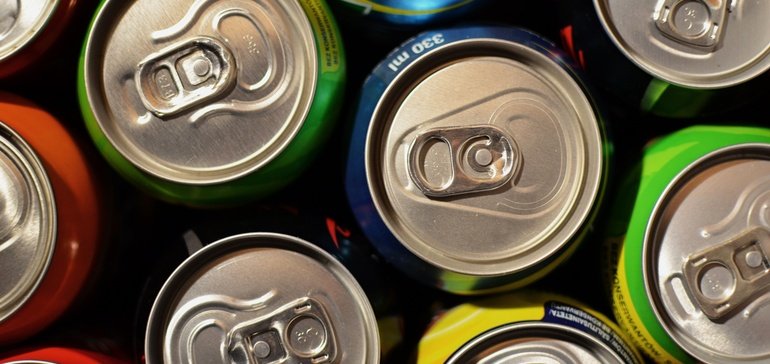Ball Corporation investing $290M in new aluminum can plant in Nevada

Dive Brief:
- Packaging company Ball Corporation said it will invest $290 million over the course of multiple years into a new aluminum beverage packaging plant in Las Vegas. The plant will create a range of can sizes.
- The facility is scheduled to begin production in late 2022 and will create 180 manufacturing jobs when it is fully operational.
- Ball is increasing production of aluminum cans amid a shortage of the material in the supply chain to accommodate the growing demand from beverage producers to switch to aluminum packaging.
Dive Insight:
The shift toward aluminum, which is more easily recycled than plastic, in the beverage space has squeezed the supply of the popular packaging material. As a result, Ball, the world’s largest manufacturer of cans, said in 2020 it was short 10 billion cans in the U.S. market, according to the Washington Post, citing Beer Business Daily.
To combat this shortfall in packaging, Ball has brought multiple production facilities online, and the company said in its Q2 earnings call it has ramped up production to be “on track to exit 2021 with an additional 12 billion units of new installed capacity.” The can manufacturer is also working with foreign plants to distribute cans in North America, USA Today reported. This latest announcement will further increase Ball’s access to aluminum containers as it works to meet upward demand. Its North American sector volumes increased 11% in 2020 and beverage volumes rose 13% in Q2 of 2021.
Even with these adjustments, Ball anticipates “demand continuing to outstrip supply well into 2023,” President Daniel Fisher said in the company’s first quarterly earnings call this year.
The Ball Corporation is not alone in facing the consequences of a constrained aluminum packaging capacity. Beverage companies are adjusting by paring down the number of SKUs they offer as they prioritize the production of popular products. Molson Coors reported in its Q1 earnings call this year that aluminum can constraints and on-premise restrictions led to its overall North American volume decreasing 6.9% in 2020. Coca-Cola has also been squeezed by this supply chain crisis, The Guardian reported, resulting in less Diet Coke and Coke Zero available on European shelves.
Can manufacturers are working to increase production — the raw material aluminum is not in short supply, only the production capacity, USA Today reported — as it is unlikely this sustained demand will dwindle any time soon. In its Q2 earnings call, Ball said it expects to see lower double-digit volume growth for aluminum cans in the foreseeable future.
Source: fooddive.com

